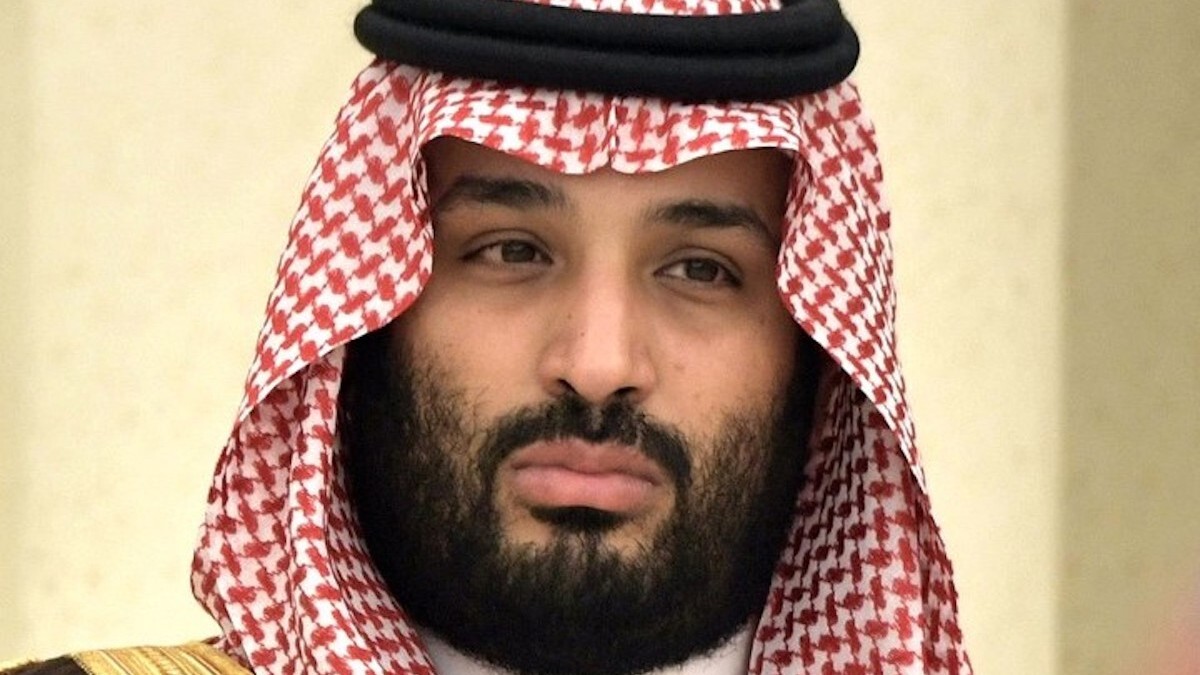Saudi Arabia is actively considering accepting yuan instead of dollars for oil sales to China, The Wall Street Journal confirms.
The discussions between the Kingdom and Beijing officials began more than six years ago, but recently intensified amid the growth of tensions between the U.S. and China. The proposal was also driven by the consistent decrease of Saudi Arabian oil importance on behalf of the U.S. as it simultaneously grows for the Chinese.
“We are pro-growth,” Mohammed al Tuwaijri, a royal court economic adviser, said. “Wherever we find an opportunity that works for us we take it.”
An opinion piece published in late 2021 by WSJ’s Karen Elliot House noted Saudi Arabia’s efforts to distance itself from partnerships with the U.S, and growing a closer alliance with China.
“The dynamics have dramatically changed. The U.S. relationship with the Saudis has changed, China is the world’s biggest crude importer and they are offering many lucrative incentives to the kingdom,” said a Saudi official familiar with the talks. “China has been offering everything you could possibly imagine to the kingdom.”
The tension began shortly following a decrease in weapon sales and removal of defensive patriot missiles. Saudi ministers criticized the Biden administration’s current U.S. Mideast policy, deeming them “muddled” and “confused.” Relations with the U.S became even more strained after the Biden administration released a report suggesting Saudi Arabia's Crown Prince Mohammed Bin Salman’s involvement to the 2018 killing of Saudi journalist Jamal Khashoggi.
Earlier this month, Prince Mohammed touched base on the country’s investments in the U.S., DC Business Daily reports.
“Public pronouncements are fine but on the working level nothing happens. In the same way we have the possibility of boosting our interests, we have the possibility of reducing them," a Saudi foreign policy official said regarding Saudi Arabian U.S. investments, calculated by the SPA to be $800 billion.
The abrupt change of oil sale currency would be further supported by the sum of exported Saudi Arabian oil China purchases, set at over a quarter. With the U.S dollar used for over 80% of global oil trades, however, it could result in potentially negative gains for the world’s largest oil exporter.
Despite serving as China’s long-time trading partner, and raising the possibility of limiting currency ties with the U.S. for the country’s oil sales, Saudi Arabian ministers expressed their desire to not be dragged into the tension between the two countries.
“Don’t make us choose,” a Saudi minister said. “Our oil sales have to fund our people.”

